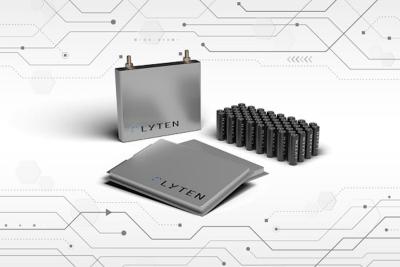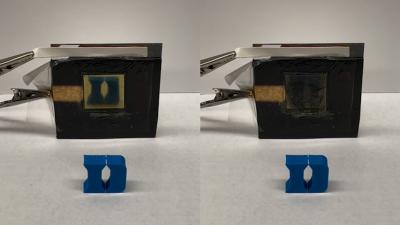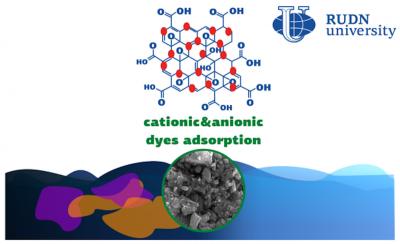by MBF Admin | Nov 2, 2021 | 2D materials, Aerospace, AGM, Angstron Materials, Audio, Conductors, Development, Electronics, Graphene applications, Investment, Products, Research, Technical / Research
Researchers from Columbia University and collaborators from Korea’s Sungkyunkwan University and Japan’s National Institute for Materials Science have reported that graphene can be efficiently doped using a monolayer of tungsten oxyselenide (TOS) that is...
by MBF Admin | Nov 2, 2021 | 2D materials, Aerospace, AGM, Angstron Materials, Audio, Development, Graphene applications, Graphene water treatment, Investment, Membranes, Products, Research, Technical / Research
Researchers at Carnegie Mellon University have recently refined the water desalination process, with graphene nanopores obtained using artificial intelligence.”The ions are so tiny, and if you want to remove them, you need to either boil, evaporate, and condense...

by MBF Admin | Nov 1, 2021 | 2D materials, Aerospace, AGM, Angstron Materials, Audio, Development, Graphene applications, Graphene batteries, Graphene for Automotive, Investment, Products, Research
California-based company Lyten has developed a graphene-enhanced lithium-sulfur battery for electric vehicles. The battery reportedly achieved a higher gravimetric energy density than traditional lithium-ion and solid-state technologies. Lyten is said to have has...

by MBF Admin | Oct 28, 2021 | 2D materials, Aerospace, AGM, Angstron Materials, Audio, Development, Graphene applications, Investment, Products, Research, Technical / Research
Researchers at Duke University have used graphene to develop a unique electrochromic technology for smart window-like devices that can alternate between harvesting heat from sunlight and allowing an object to cool. The approach could promote HVAC energy savings...

by MBF Admin | Oct 27, 2021 | 2D materials, Aerospace, AGM, Angstron Materials, Audio, Development, Graphene applications, Graphene composites, Graphene Oxide, Graphene water treatment, Investment, Products, Research, Technical / Research
Researchers from Korea’s University of Seoul, Russia’s RUDN University and several India-based institutes have created a nano-filter for water purification from synthetic dyes. The graphene-based composite can reportedly remove up to 100% of harmful...
by MBF Admin | Oct 26, 2021 | 2D materials, Aerospace, AGM, Angstron Materials, Audio, Development, Graphene applications, Investment, Products, Research, Technical / Research
Researchers at the Indian Institute of Technology Guwahati (IIT-G) have developed a cost-effective alternative to the Photo-Electro-Chemical (PEC) cells that split water molecules to harness hydrogen. The team is developing novel materials that can use sunlight to...



